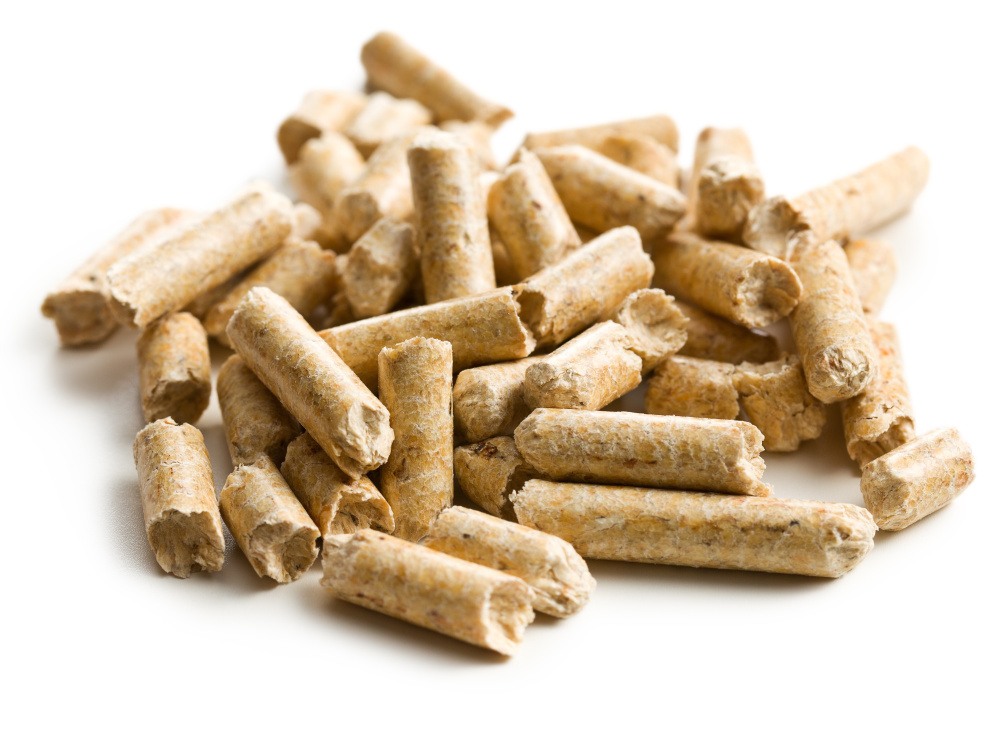The nonprofit Northern Forest Center, which works in Maine, New Hampshire, Vermont and parts of New York, has a neat idea: You eat local food. Why not heat with local wood? Not to mention, sever your relationship with fossil fuels.
The organization is promoting the use of wood pellet boilers. Don’t confuse this newer technology with either wood stoves or wood pellet stoves.
“One of the biggest challenges to get the market for modern wood heat off the ground is that people don’t know yet this is an option,” said Maura Adams, a program director for Northern Forests who oversees this initiative. “It can entirely replace the boiler in the basement of house. It’s fed automatically from 100-percent wood pellets that are delivered and stored in bulk. The pellets go automatically into the boiler. (They) provide whole-house heat and (are) as hands off as possible. All you have to do is to turn up the thermostat.”
The wood pellet boilers cost $15,000 to $20,000, Adams said, admittedly more than the $10,000 to $12,000 a new propane boiler would cost. That said, Efficiency Maine is offering $5,000 rebates, she said, and her own organization is offering incentives for residents of Farmington and Wilton, where a Model Neighborhood Initiative is underway: The idea is that people with wood pellet boilers will spread the word to their neighbors and that momentum for the heating system will build. So far, some 30 households and businesses have installed the boilers in those communities – and somewhere under 1,000 across the state, according to Adams.
Once the boilers are installed, you’ll pay less than you would to heat with oil or propane. How much depends on the year. Last year, 40 percent less, Adams said. This year, just 10 percent to 20 percent less (though who are we kidding? Like death and taxes, our money is on heating prices rising again).
But cost savings are not the sole motivation to install a wood pellet boiler, Adams said.
“Why we are so invested in this as an organization is that it creates direct community benefits,” Adams said. (Several wood pellet mills operate in Maine, and “any of your readers would be getting pellets from Maine.”) “It creates a market for low-grade wood, which is really important to the health and function of the forest economy. It’s good for climate change mitigation and reducing climate change over time, compared to heating with fossil fuel. You are retaining dollars in local communities, instead of sending them out of state and often out of the country. This is about supporting your neighbors and your community.”
Send questions/comments to the editors.




Success. Please wait for the page to reload. If the page does not reload within 5 seconds, please refresh the page.
Enter your email and password to access comments.
Hi, to comment on stories you must . This profile is in addition to your subscription and website login.
Already have a commenting profile? .
Invalid username/password.
Please check your email to confirm and complete your registration.
Only subscribers are eligible to post comments. Please subscribe or login first for digital access. Here’s why.
Use the form below to reset your password. When you've submitted your account email, we will send an email with a reset code.